The Scary Dangers of Content Creation with ChatGPT
In the fast-paced world of digital content creation, the allure of AI-powered tools like ChatGPT is undeniable. These tools promise rapid content generation, the ability to mimic human-like conversation, and the convenience of automating tedious writing tasks. However, the very features that make ChatGPT a powerful tool also harbor significant risks that can undermine the quality, integrity, and effectiveness of your content strategy.
In this quick read article, we will delve into the potential pitfalls of relying too heavily on ChatGPT for content creation. You’ll learn about the dangers of AI-generated content, including issues related to accuracy, originality, and ethical considerations. We’ll also explore how the misuse of ChatGPT can impact your brand’s credibility and SEO performance, and provide strategies to mitigate these risks.
Table of Contents
- Understanding ChatGPT and Its Capabilities
- The Risks of Relying on AI for Content Creation
- Impact on SEO and Brand Credibility
- Mitigating the Risks: Best Practices
- Top 5 Frequently Asked Questions
- Final Thoughts
- Resources
Understanding ChatGPT and Its Capabilities
How ChatGPT Works
ChatGPT is a language model developed by OpenAI, designed to generate human-like text based on the input it receives. It uses a vast dataset of text from the internet, learning patterns in language, context, and structure. This enables it to create responses that are coherent, contextually relevant, and grammatically correct.
Common Applications in Content Creation
In content creation, ChatGPT is used for a variety of tasks, including drafting blog posts, generating social media content, creating product descriptions, and even responding to customer inquiries. Its ability to produce content quickly makes it an attractive option for businesses looking to scale their content output without proportionally increasing their resources.
The Risks of Relying on AI for Content Creation
Inaccuracy and Misinformation
One of the most significant dangers of using ChatGPT for content creation is the potential for inaccuracy. Since ChatGPT generates content based on patterns and data available to it, it can sometimes produce information that is outdated, incorrect, or misleading. This can damage your brand’s reputation if the content you publish contains errors or spreads misinformation.
Lack of Originality
While ChatGPT is capable of generating text that is unique in form, the ideas it presents may lack true originality. The model is trained on existing content, which means that it might inadvertently reproduce common tropes, clichés, or even entire phrases found in other works. This can lead to issues with plagiarism, which not only harms your SEO but also raises legal and ethical concerns.
Ethical Concerns
Using AI for content creation also raises ethical questions. For instance, ChatGPT can be used to create content that appears authentic but lacks genuine human insight or expertise. This can mislead readers, especially in industries where trust and authority are crucial. Additionally, the potential for AI-generated deepfakes or manipulative content is a growing concern, particularly as AI continues to evolve.
Impact on SEO and Brand Credibility
Duplicate Content Issues
Search engines like Google penalize websites that publish duplicate content. If multiple users employ ChatGPT to generate similar content, there’s a risk that the same or very similar text will appear across different sites. This can lead to SEO penalties, reducing your website’s visibility and ranking.
User Engagement and Trust
AI-generated content, while efficient, may not resonate with readers in the same way that human-authored content does. Users are increasingly savvy and can often detect when content lacks a personal touch. Over-reliance on AI can erode trust, as readers may feel that the content is generic, impersonal, or even deceptive.

Mitigating the Risks: Best Practices
Human Oversight and Editing
To mitigate the risks associated with ChatGPT, it is essential to involve human oversight in the content creation process. Always review and edit AI-generated content to ensure accuracy, originality, and alignment with your brand’s voice. This human touch can help maintain the quality and authenticity of the content.
Balancing AI and Human Input
Rather than relying solely on AI, consider using ChatGPT as a tool to complement human creativity. Use AI to generate ideas, outlines, or drafts, but let skilled writers craft the final content. This approach ensures that the content remains engaging, informative, and credible, while still benefiting from the efficiency of AI.
Top 5 Frequently Asked Questions
Final Thoughts
The most critical takeaway from this article is that while ChatGPT offers significant advantages in content creation, it should be used with caution. The risks associated with inaccuracy, lack of originality, and ethical concerns can undermine your content strategy if not properly managed. The key to leveraging AI tools like ChatGPT lies in balancing them with human creativity and oversight. By doing so, you can enjoy the efficiency of AI without compromising the quality, trustworthiness, or effectiveness of your content.
Resources
- OpenAI’s Documentation on GPT Models
- Google Search Central on Duplicate Content
- Ethical Considerations in AI

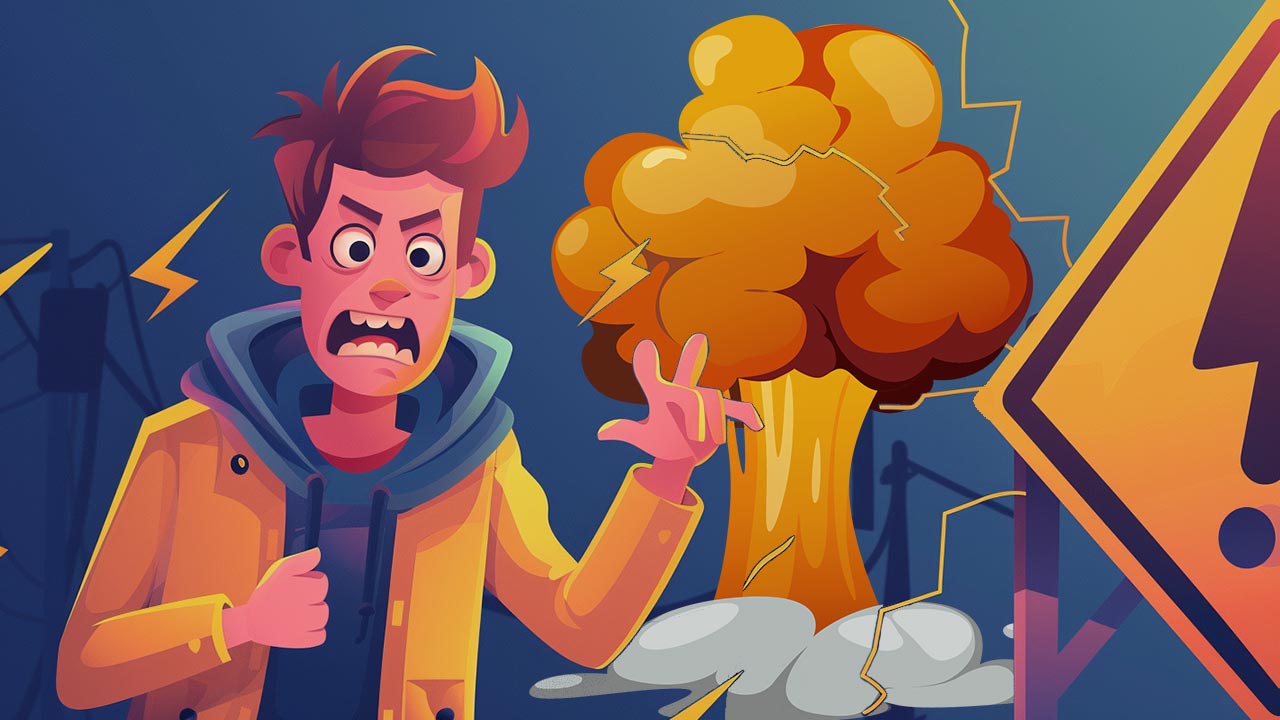
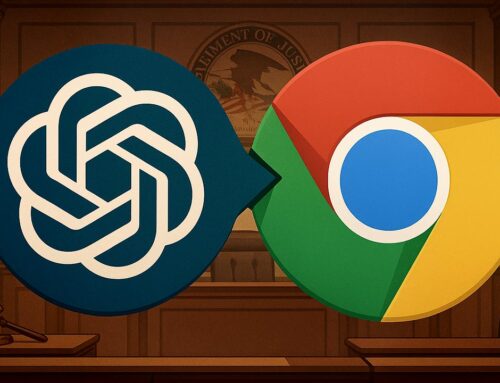

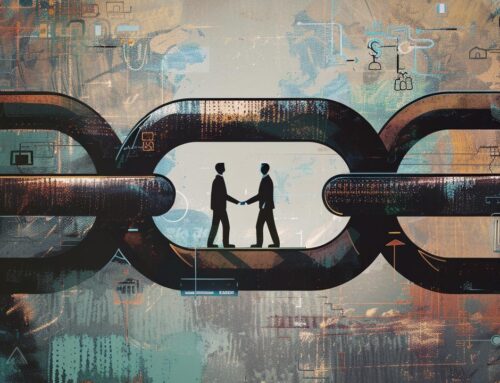


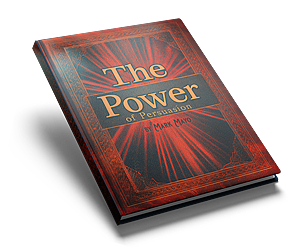
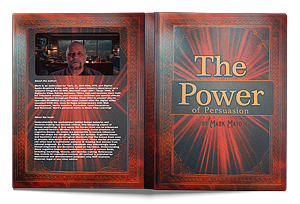



Leave A Comment